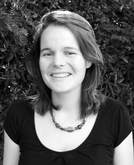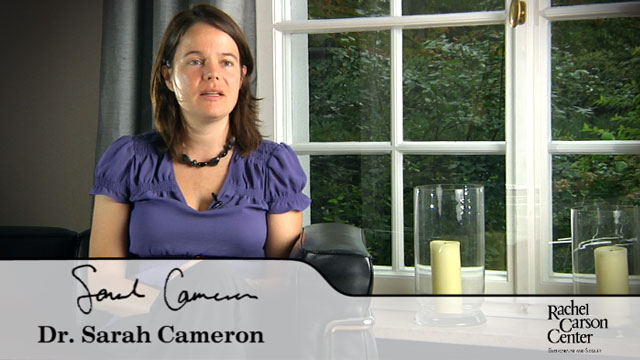Sarah Cameron is a historian of the Soviet Union, with a particular interest in Stalinism. Her research interests include the study of mass violence, the relationship between agrarian and non-agrarian peoples, and comparative approaches to empire. She is particularly interested in the study of Central Asia, a culturally diverse region that includes five former Soviet republics, as well as Afghanistan and Xinjiang (western China). At the Rachel Carson Center, she will continue to work on her current book project, The Hungry Steppe: Famine, Mass Violence, and the Making of Soviet Kazakhstan. The manuscript focuses on an understudied episode in the history of Stalinist mass violence, the Kazakh famine of 1930–1933. More than 1.5 million people, a quarter of Kazakhstan’s population, perished in this disaster, dramatically altering the demographic and environmental profile of the surrounding region. Cameron is assistant professor of Soviet history at the University of Maryland-College Park. Cameron has held post-doctoral fellowships at the Woodrow Wilson International Center for Scholars and Yale University’s MacMillan Center for International and Area Studies. She received her PhD in history in December 2010 from Yale University, where her dissertation won the John Addison Porter Prize for the best dissertation in the Arts and Sciences (co-winner, 2011) and the Turner Prize for the most outstanding dissertation in European history (sole winner, 2011).
RCC Research Project: The Hungry Steppe: Famine, Mass Violence, and the Making of Soviet Kazakhstan (PDF, 13 kb)
Film Interview with Sarah Cameron
Selected Publication:
- “Violence, Flight and Hunger: The Sino-Kazakh Border and the Kazakh Famine, 1930-31.” In Stalinism and Europe: Terror, War, Domination, edited by Ray Brandon and Timothy Snyder. Oxford: Oxford University Press, forthcoming 2013.



